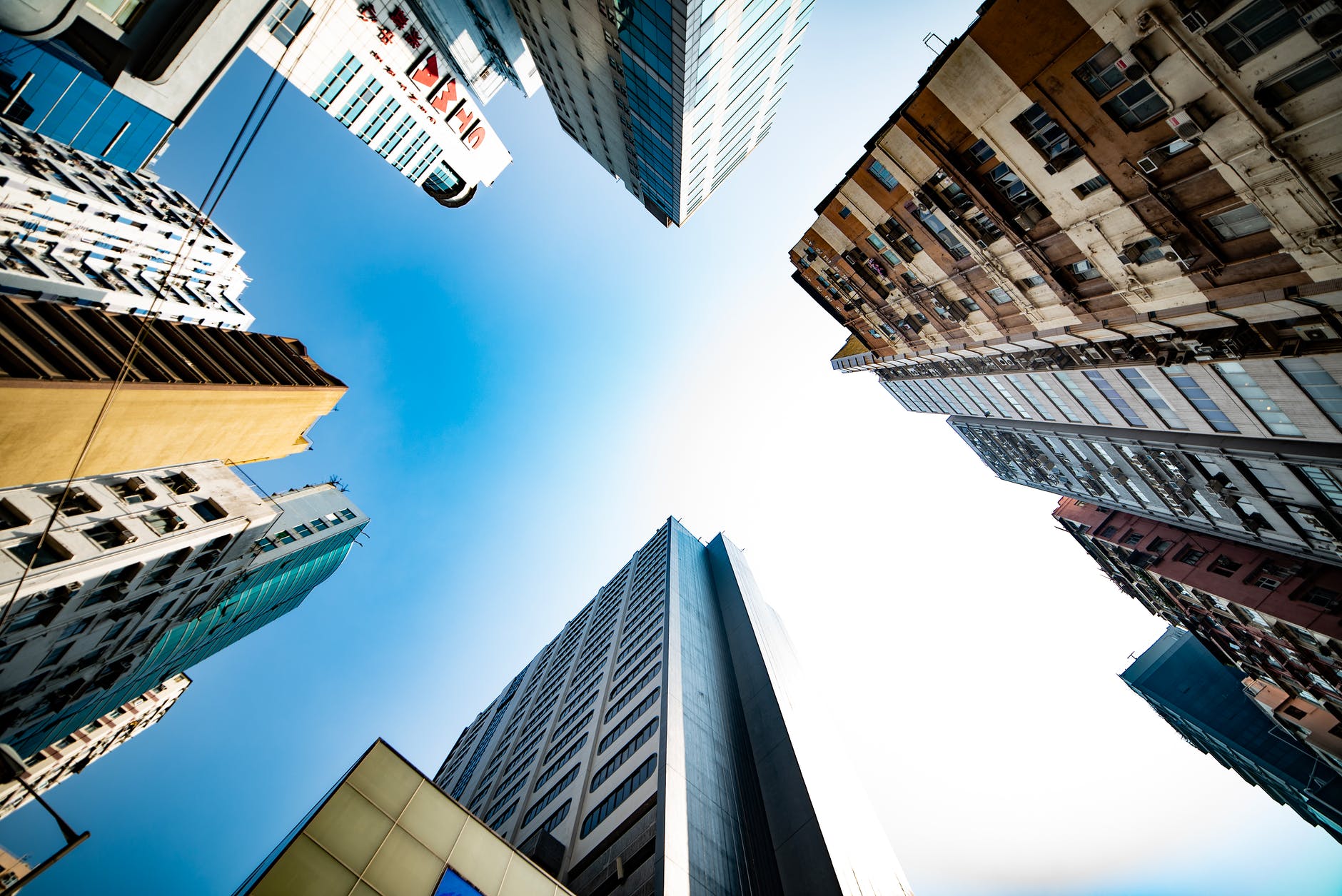
US companies in Hong Kong are ‘very concerned’ about the new security law, according to a new survey from the American Chamber of Commerce (AmCham).
Over 80% of the US companies in Hong Kong that responded to the survey admitted they are concerned about Beijing’s plan to implement a new national security law in the region.
The AmCham survey reveals that out of their 180 members they asked earlier this week, 53.5% were “very concerned,” while 30.0% were “moderately concerned” about the national security legislation.
However, the chamber noted that their findings, published on Wednesday, are not designed to be scientific, said the chamber.
According to the respondents, they are concerned about threats to the overall business climate in the special administrative region as well as the law’s potential impact on freedom of speech and other “basic civil liberties.”
The survey, described as “a temperature test of members’ sentiment,” came after Beijing’s top legislative institution last week approved the proposal to issue a national security legislation in Hong Kong.
A threat to freedoms
Hong Kong currently observes a “one country, two systems” principle which allows the region to experience freedoms that the mainland do not enjoy. These freedoms include limited election rights, self-governing power, and a largely separate legal and economic framework from mainland China.
China approves national security law for Hong Kong amidst tension. The National People’s Congress (NPC) voted 2,878 to 1 in favor of the bill.
NPC, China’s parliament, is officially paving the way for the finalization and implementation of a new national security law for Hong Kong after its approval. Only six abstained from the vote.
The bill will be sent to the Standing Committee, a smaller decision-making body. The committee will lay out the details of the legislation and then it will be implemented in Hong Kong.
According to Premier Li Keqiang, the country’s second-in-command, the decision to carry out the law was “designed for steady implementation of ‘one country, two systems’ and Hong Kong’s long-term prosperity and stability.”
Hong Kong leader Carrie Lam told the public that their rights and freedoms will still be intact. In a statement about China’s approval of the bill, she explained that the national security law “aims to prevent, curb and sanction an extremely small minority of criminals who threaten national security, safeguarding the prosperity and stability of Hong Kong and maintaining ‘One Country, Two Systems.’”
“It will not affect the legitimate rights and freedoms enjoyed by Hong Kong residents. ‘One Country, Two Systems’ has been Hong Kong’s top advantage, and a stable and safe society will provide a favourable business and investment environment,” her statement read.
What the world thinks
Other world leaders have a different view.
US Secretary of State Mike Pompeo said that “China is modelling Hong Kong after itself.” This statement came after Beijing approved a national security law for Hong Kong.
In a joint statement, the US, UK, Australia, and Canada said they have “deep concern” regarding the national security law imposed on Hong Kong.
“Hong Kong has flourished as a bastion of freedom. The international community has a significant and long-standing stake in Hong Kong’s prosperity and stability,” it said.
Germany’s Foreign Minister Heiko Mass emphasized that “Hong Kong’s autonomy must not be undermined.” In his statement, he clarified that this was a stance shared by the European Union.
“The citizens of Hong Kong enjoy freedoms and rights, that are afforded to them through the Basic Law and on the principle ‘one country, two systems’. We expect that law and order to be upheld.”






